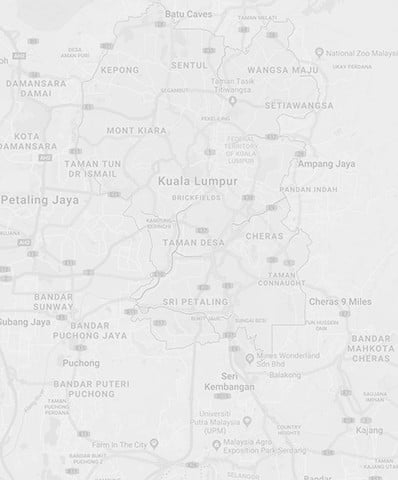Our weekly student survey feedback reflects that students are continuing well with their learning and engagement in online lessons. However, it is clear that as we have continued in lockdown students are finding that they need to draw on more strength to keep going.
To support students with self awareness and the language to identify when things are difficult we have recently started a resilience programme during tutor period. This consists of 4 weekly reviews and activities that the students are encouraged to do from this week until the end of term. We have also shared these activities here with you so that you can review them together as a family in the order and at the time they are explored in school.
| Week beginning | Reviews and Activities |
| 14th June | Part 1. The Resilience Scale |
| 21st June | Part 2. The Best Possible Self |
| 28th June | Part 3. The Resilience Plan |
| 5th July | Part 4. Benefit Finding |
We hope that you enjoy doing these activities together and the discussion that comes along with them. Please remember that there are also additional resources available on the school counselling site to support students and families.
Here's Part 1 for you.
The Resilience Scale
We are in unusual times, I am sure that you are becoming maybe a little frustrated hearing that over and over. What is certain about the past year is that it has demanded that we adapt to changing circumstances. No students know this more than our students who have left in the summer and our current Year 11 and 13 students.
One key aspect of successful adaptation is the ability to be resilient.
“Resilience” has been defined in different ways. The root of the English word “resilience” is the word “resile,” which means “to bounce or spring back”. So just how resilient are you? Well we can find out. The Brief Resilience Scale assesses the original and most basic meaning of the word resilience.
In line with this definition, this scale assesses the ability to bounce back or recover from stress. The higher the overall value the greater the implied resilience.
The questionnaire has 6 questions only and answered using the options with assigned points (in brackets at the bottom of each box):
| Strongly Disagree | Disagree | Neutral | Agree | Strongly Agree | |
| 1. I tend to bounce back quickly after hard times | (1) | (2) | (3) | (4) | (5) |
| 2. I have a hard time making it through stressful events | (5) | (4) | (3) | (2) | (1) |
| 3. It does not take me long to recover from a stressful event | (1) | (2) | (3) | (4) | (5) |
| 4. It is hard for me to snap back when something bad happened | (5) | (4) | (3) | (2) | (1) |
| 5. I usually come through difficulties with little trouble | (1) | (2) | (3) | (4) | (5) |
| 6. I tend to take a long time to get over setbacks in my life | (5) | (4) | (3) | (2) | (1) |
You will notice that 2, 4 and 6 are reverse type questions and carry the opposite points on the 5 point scale. The higher your total score the more resilient you are.
Over the next few weeks we will share with you some strategies to help increase your value and improve your resilience. We hope that you will enjoy engaging with the suggested activities and talking to each other about it. You may find some things useful now if you are needing to draw on your resilience or in the future when you find yourself needing to, either way this is a beginning tool to help.
Author: David Slade, Vice Principal (Our Students), Secondary Campus
Next week: 'The Best Possible Self'


